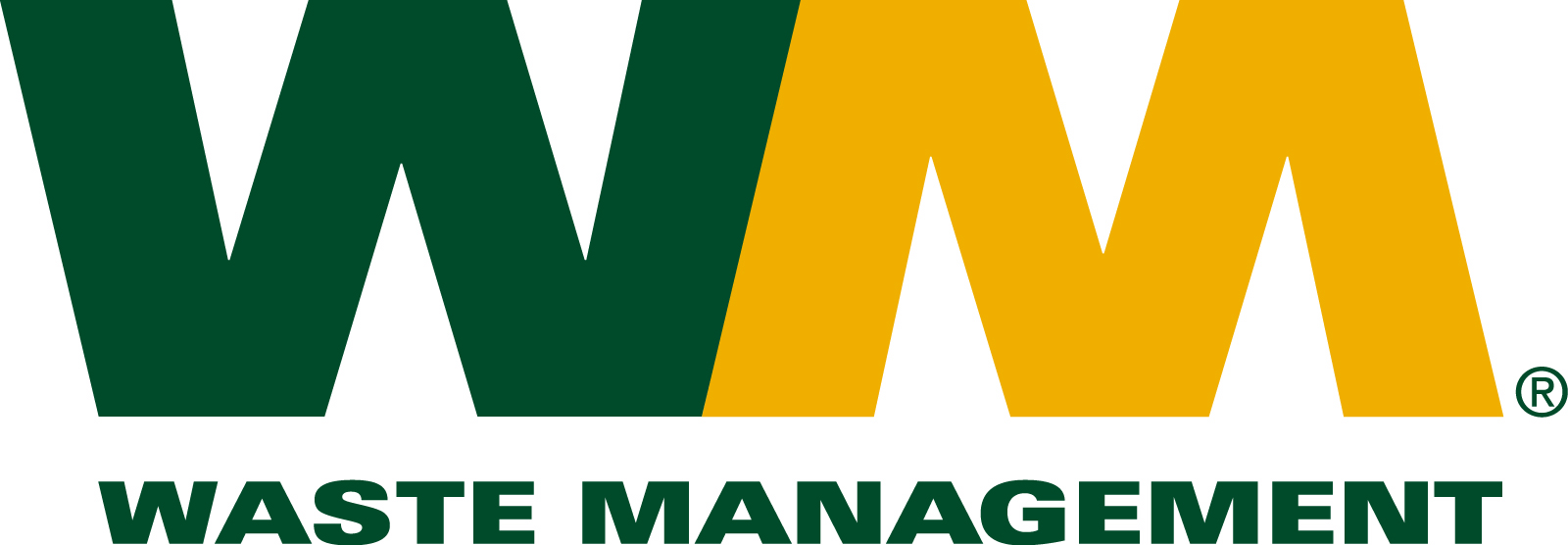by Patricia Lesko
On the April 3, 2017 City Council agenda is an item submitted by Ann Arbor Public Services Administrator Craig Hupy. The item (AMENDMENT NUMBER 1 TO GENERAL SERVICES AGREEMENT BETWEEN WASTE MANAGEMENT of MICHIGAN AND THE CITY OF ANN ARBOR FOR SHORT-TERM OPERATION OF ANN ARBOR MATERIALS RECOVERY FACILITY (MRF) AND WASTE TRANSFER STATION) calls for City Council to “Extend the General Services Agreement with Waste Management of Michigan, Inc. for Short-Term Operations of Ann Arbor Material Recovery Facility (MRF) and Waste Transfer Station.” Under the extension, Waste Management and not Recycle Ann Arbor will run the city’s MRF until July 2017. After that date, the contract goes to a month-to-month agreement with Waste Management for either processing and/or MRF management. Waste Management was the lowest bidder; Recycle Ann Arbor was the provider recommended by the city’s Environmental Commission, on which Council members Chip Smith and Jason Frenzel sit.
This latest resolution comes on the heels of a full-court political press by a trio of Council members, the Ecology Center and its subsidiary Recycle Ann Arbor. During the course of that effort, on Mar. 3, 2017 the Ann Arbor Ecology Center sent out an email and posted to its website a news update in which Ecology Center officials said its subsidiary Recycle Ann Arbor’s (RAA) bid to run the city’s MRF, “encourages ‘recycling best practices’ by hauling recyclables loose, and by actually recycling glass (instead of using it as landfill cover).”
City staff written answers to Council members’ written questions submitted prior to Council’s Mar. 6 meeting concerning handling of glass recyclables hauled by Recycle Ann Arbor revealed that the Ecology Center’s Mar. 3 news update/email contained a misstatement of fact. In asserting that Recycle Ann Arbor would process glass collected more ecologically, Ecology Center was ignoring the fact that the current MRF operator, Waste Management, according to city staff, was already recycling the city’s glass hauled to the MRF by RAA.
While Ann Arbor residents have been never officially told by City Council, city staff, Recycle Ann Arbor or the Ecology Center officials, for the “past few years,” according to Council member Chip Smith, tens of thousands of tons of Ann Arbor’s glass recycling hauled by Recycle Ann Arbor has been processed and then landfilled in a process called “layering.” As a result, taxpayers have paid more money per ton for hauling the glass and for single-stream recycling, and continued to lose money on a no-bid, 10-year contract with Recycle Ann Arbor. The practice of landfilling recycled glass stopped when ReCommunity was fired as operator of the MRF and Waste Management hired in July 2016.
The Ann Arbor Independent reported in early March 2017 that Chip Smith (D-Ward 5), Zach Ackerman (D-Ward 3) and Jason Frenzel (D-Ward 1) had put forward a Council resolution that required city staff to negotiate a contract with Recycle Ann Arbor (RAA)—a subsidiary of the Ann Arbor Ecology Center— no later than March 31 for the operation of the city’s Materials Recovery Facility (MRF). All three Council members are running for re-election in the August 2017 primary election. Recycle Ann Arbor would have become the interim operator of the MRF, that company’s first and only such foray into MRF management. The current MRF operator Waste Management, is headquartered in Houston, Texas. That company’s network includes 367 collection operations, 346 transfer stations, 293 active landfill disposal sites, 16 waste-to-energy plants, 146 recycling plants, 111 beneficial-use landfill gas projects and six independent power production plants.
The trio of Council members put forward the resolution despite the fact that on Feb. 10, City Administrator Howard Lazarus penned a 6-page memo to City Council in which he evaluated the three MRF operation proposals that were submitted. In that memo, he outlined reasons why Recycle Ann Arbor’s bid had been found wanting.
Lazarus’s memo states, “The staff committee’s review of the proposal and interview by Recycle Ann Arbor determined this proposer to not be as strong with the professional qualifications of the staff and firm to undertake the requested work (composite score: 12.6), and less so in past experience with similar projects/work (composite score: 18).” Lazarus goes on to point out that because Recycle Ann Arbor’s proposal includes trucking loose recycles to a processing plant out-of-state, “trucking needed to transport the loose loaded material compared to the trucking for the baled method would result in 2.45 times more greenhouse gas (GHG) emissions being generated with the loose loading method.”
Even as Council members pressed city staff to award the contract to Recycle Ann Arbor, City Administrator Howard Lazarus told the media, “We have to validate the assumptions they [RAA] used that state they can do loose loading.” Lazarus added that “he doesn’t want to see the city stuck with that potential additional cost.” If for some reason RAA is unable to do loose loading of the recycles and instead bales the materials, the cost to taxpayers would rise from $1.02 million to $2.15 million. This compares to Waste Management’s $1.45 million bid to bale and handle the materials.
The resolution put forward by Smith, Frenzel and Ackerman called for city staff to bring a resolution to Council for a contract with Waste Management in the eventuality that Recycle Ann Arbor was unable to validate the fiscal and logistical assumptions in its proposal to operate the MRF. The April 3 resolution on Council’s agenda indicates that Recycle Ann Arbor and city staff were unable to come to an agreement that would have protected the city’s taxpayers from any potential cost overruns, among other issues.

